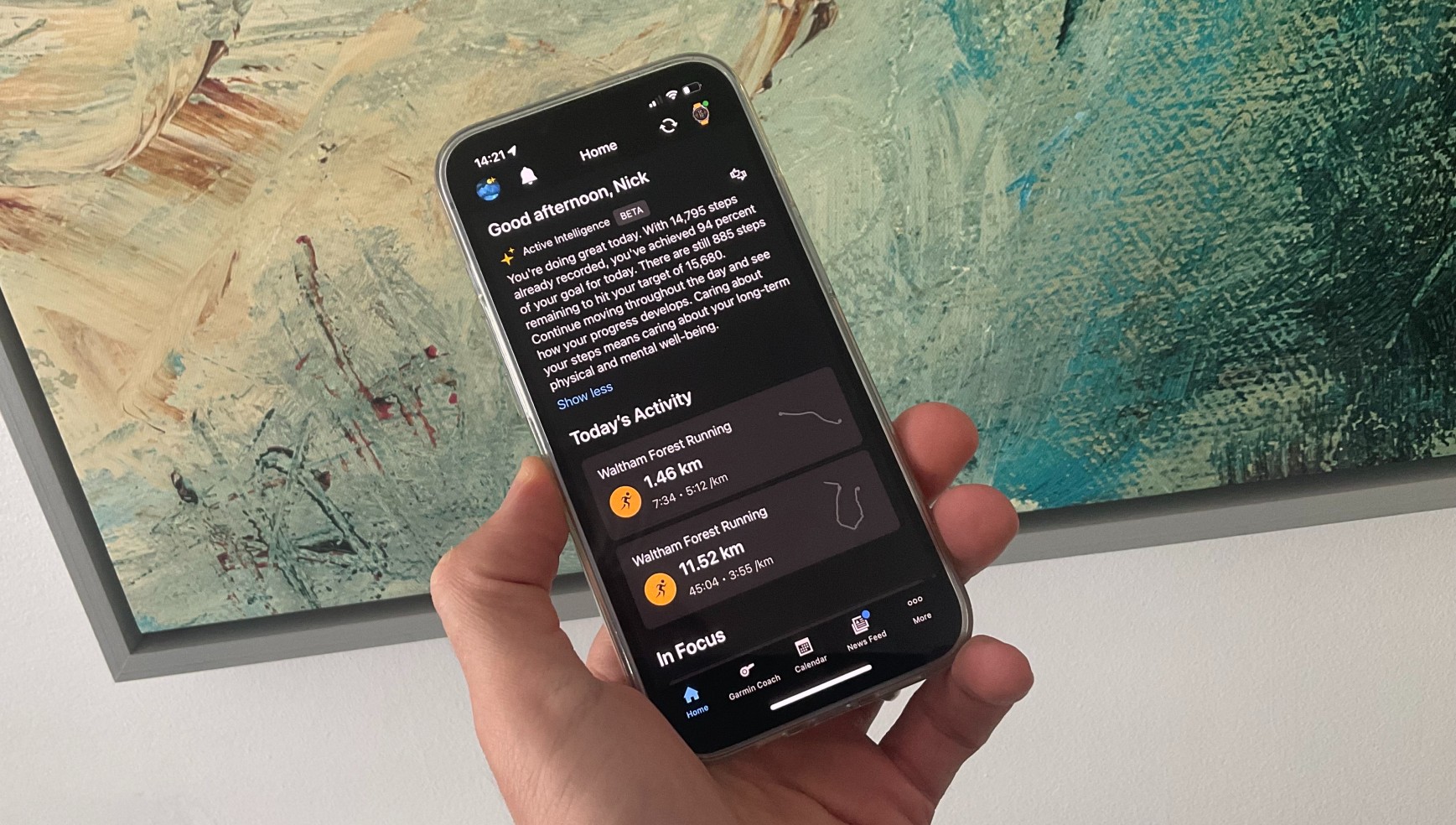Avoid these Super Bowl scams: how to stay safe ahead of and during the big game
Don't get scammed this Super Bowl season with these tips

If you're gearing up for the game next Sunday, there's a lot you probably want to do and getting scammed out of your hard-earned cash probably isn't on that list. If you're looking for tickets, merch or other game related gear, here are a few tips and tricks to avoid some of the more popular scams that tend to pop up right around game time.
Phishing and smishing

Whether through email or text, phishing or smishing scams are fake communications from scammers that are intended to look like legitimate messages. The goal is to get you to click on a link they've sent, so be wary of any message that seems to be a ticket confirmation, promotional offer or exclusive Super Bowl deal.
Is the offer too good to be true? Does the message contain a limited offer or a sense of urgency? Does the offer ask for your personal information, or worse, your financial information like credit card details or banking info? The general rule of thumb is to never, ever click on an unsolicited link or send these sensitive details over email or text.
Any ticket or promotional details should be verifiable directly with an official source. In other words, if the NFL is really running a “click here to enter to win free tickets to the super bowl” you should be able to type www.nfl.com into a web browser and see that entry form or contest information there.
Stick to familiar websites and be sure to read the URL of websites that you visit to check for spoofing (minor changes to a URL that brings false legitimacy to a fake sites). You can also hover your mouse cursor over the anchor text of a link to reveal where it will actually take you.
Pay to play
Avoid any giveaway, raffle or contest that requires you to pay money to enter or provide any money upfront.
The "You've been selected to enter an exclusive giveaway, just pay to enter," type scams lure people into thinking that if you pay to enter them, you will get something back. A good hard and fast rule is don't pay to play and stick to official contests run by verifiable brands and sources.
Sign up to get the BEST of Tom's Guide direct to your inbox.
Get instant access to breaking news, the hottest reviews, great deals and helpful tips.
Fake charities

There's something particularly low about claiming to be an organization that supports a local community, players foundation or youth sports in order to separate people from their money, but scammers willing to snoop that low are in fact out there.
You can verify charities at places like Charity Navigator, and make sure to avoid donating to unfamiliar organizations over social media or the phone.
Unauthorized ticket resellers
Though it may be tempting to click on those pop up banners that promise you deals from third party sites, or to use a search engine to find potential deals on ticket sales, you're much better off using authorized ticket resellers on the official NFL site. After all, the only thing worse than not having tickets, is not having tickets and being out a bunch of cash.
Social media scams that offer free tickets or merch
Despite what social media pops ups might offer you, nothing comes for free. And you should never give strangers on social media your personal or financial information for free merchandise or swag, even if all you have to pay for is the cost of shipping or processing.
Legitimate giveaways don't need payments for shipping, and handing out personal details for a t-shirt is going to cost you more in the long run than just buying it yourself from an official store.
Good security practices

Some final tips when it comes to best practices: always have your browser up to date, have one of the best antivirus software suites installed and updated, use multi-factor authentication whenever possible. Make sure the websites you visit, and pay on, have HTTPS (Hypertext Transfer Protocol Secure) enabled and are spelled correctly.
Research sellers and platforms, on the Attorney General or Better Business Bureau's websites, and stay informed about popular and recent scams and fraud attempts. Be extremely wary of deals that promise accommodations like airfare, hotels or tickets at extremely low prices.
You also want to use credit cards when paying if possible, as they offer the best protections over any other form of payment, including debit cards. Any site asking for payment in gift cards, money orders, crypto, or wire transfer is potentially suspicious and should also be avoided.
If you feel like you've been victim of a scam, or have encountered a suspicious site you can report it to the FTC or the Attorney General. That way, you can help others avoid being scammed too.
More from Tom's Guide

Amber Bouman is the senior security editor at Tom's Guide where she writes about antivirus software, home security, identity theft and more. She has long had an interest in personal security, both online and off, and also has an appreciation for martial arts and edged weapons. With over two decades of experience working in tech journalism, Amber has written for a number of publications including PC World, Maximum PC, Tech Hive, and Engadget covering everything from smartphones to smart breast pumps.












